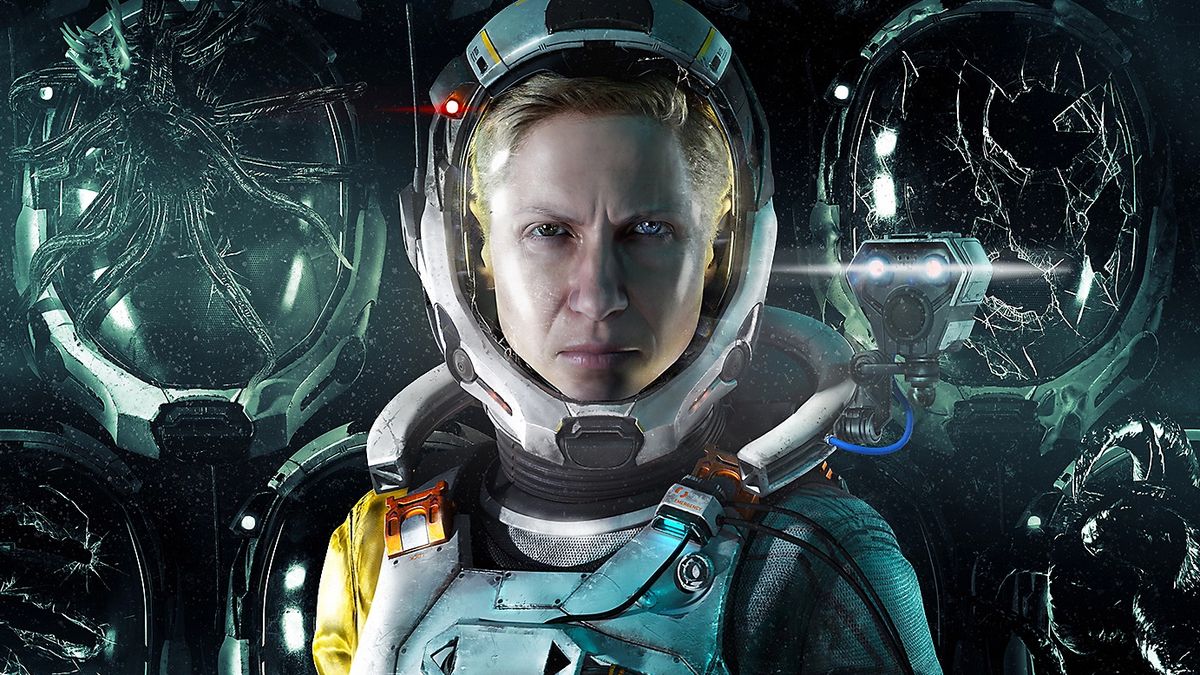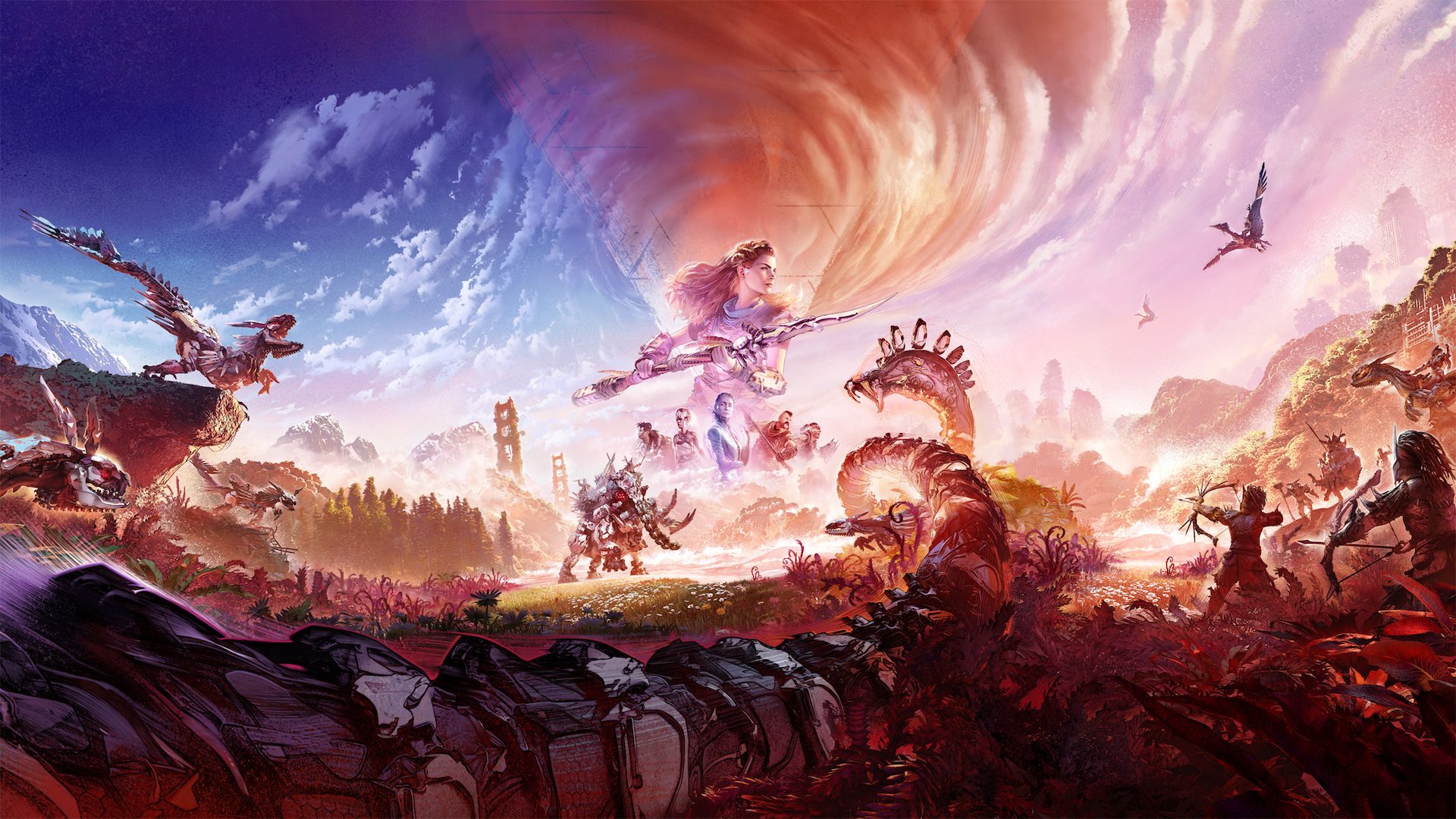But why would the games coming to PC mean that the PS5 version has to be held back in any way?
Both Ratchet and Miles Morales are already on the PC and have no issues there despite being being designed exclusively as PS5 games from the offset.
I think if they're thinking multi-platform from the start it probably makes some difference compared to a game that's developed for PS5 only and then ported by a different team. I actually can't see the case where Sony develops with PC as the primary platform. It would be too damaging to their brand. The only way that happens is if their PC sales dominate their console sales, and I can't see that happening any time soon, especially with the prices of pc hardware.




